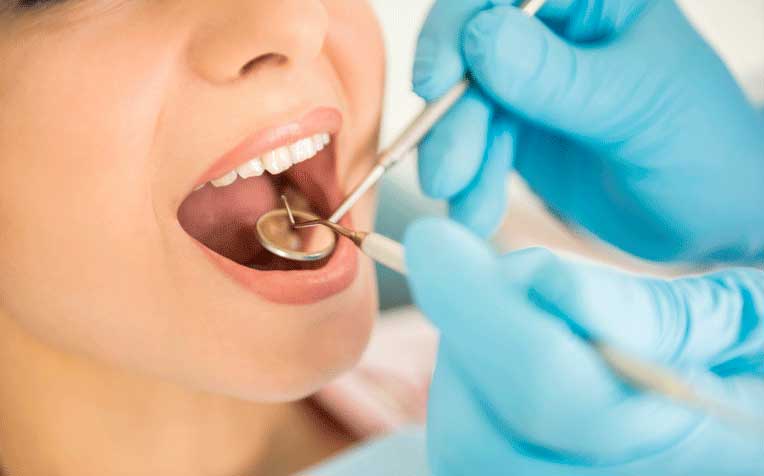
Medications for certain chronic conditions may affect your dental treatments.
Patients with chronic conditions may be unaware that their dentists need to know what medicines they are on before they treat them.
Patients on drugs for chronic diseases may suffer side effects that affect their oral health, and in turn, their dental treatment.
Some common side effects of medicines for hypertension and heart conditions are swollen and bleeding gums, and dry mouth.
It is quite common for dentists to need to discuss any modification of medication with a patient’s doctors before dental treatment can begin, according to Dr Lennie Foo Lean Heong, Registrar, Periodontic Unit, Department of Restorative Dentistry, National Dental Centre Singapore (NDCS), a member of the SingHealth group.
Side effects of medication for heart conditions
One of the dangers is prolonged bleeding. Anticoagulants and antiplatelet drugs (blood thinners) are usually prescribed for certain heart conditions to impede blood clotting. However, these medications can sometimes cause gums to bleed during brushing or when there is trauma.
For instance, in extractions, there is the danger of post-extraction bleeding. In scaling, bleeding can occur when the dentist removes tartar from above and below the gum line. In root planing, bleeding can happen when the dentist uses special instruments (while the patient is on local anaesthetic) to remove tough calculus and bacterial deposits from beneath the gum line along the root surfaces.
As these patients might bleed longer than others, dentists need to modify treatments before it is safe to proceed. For example, a patient who is taking warfarin might be required to check his latest International Normalized Ratio to assess his bleeding tendency. He might need to stop the medication prior to dental treatment only on physician’s instruction. Prolonged bleeding needs to be monitored by the dentist who may, in extreme cases, prescribe a tranexamic acid mouth rinse to control bleeding.
Dr Foo said patients should ask their dentists why their gums bleed. “Is it related to poor gum condition or the medicine they are taking? You might need to start gum treatment or improve oral hygiene. Your dentist will be able to find the cause and solve the problem.”
More than half of the patients treated at NDCS have chronic medical conditions
Side effects of hypertensive drugs
Some drugs for high blood pressure can cause gum overgrowth, making it difficult to clean the teeth and resulting in decay and progressive gum disease. Inflamed gums bleed easily and this may result in ulceration and soreness. The dentists might ask doctors to change the medication. In extreme cases, gum surgery may be needed. “We strongly advise patients with this condition to get treatment,” said Dr Foo.
Other hypertensive drugs reduce the production of saliva, which lubricates the mouth and neutralises acidity after eating. Low salivary levels cause dry mouth and put a patient at risk of tooth decay. A large cavity in a tooth might progress and infect its root canal, and subsequently complicate treatment. The patient may end up needing a root canal treatment and crown, rather than just a simple filling.
Click on page 2 to find out what your dentists can do for you if they know about your medication history.
Ref: Q15
Contributed by

















 Get it on Google Play
Get it on Google Play